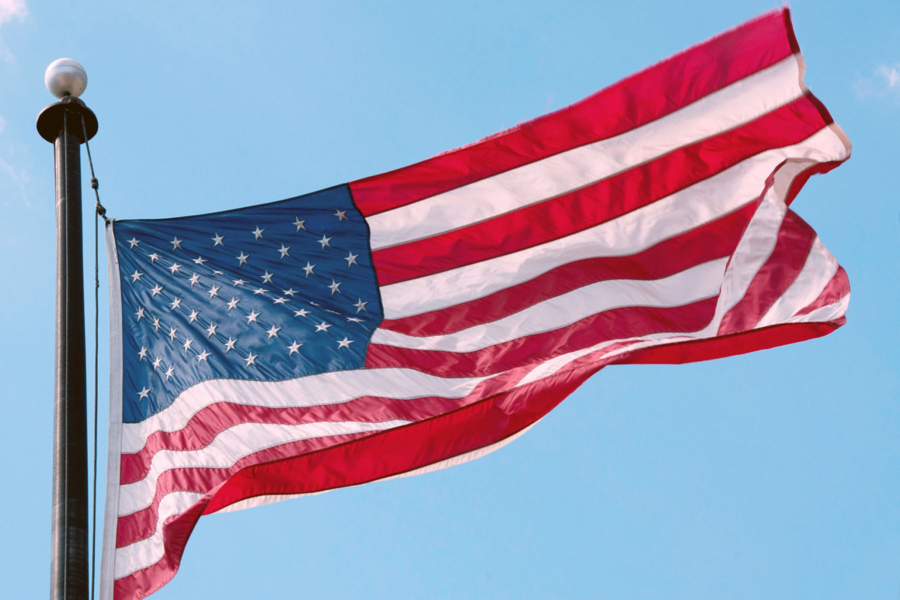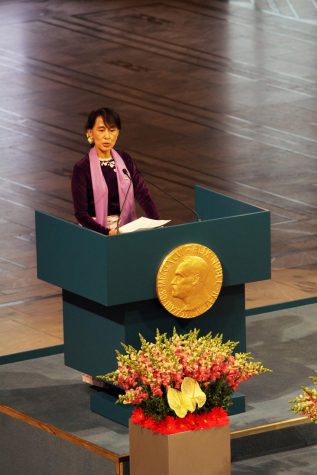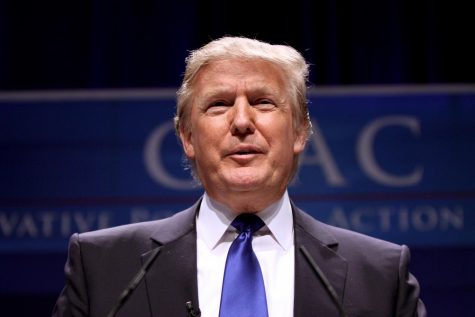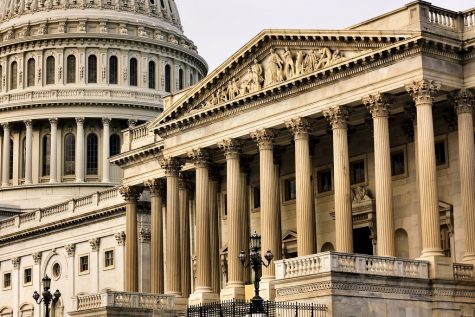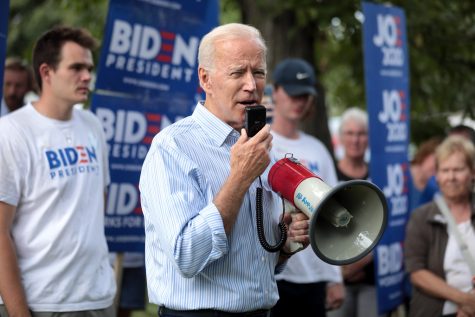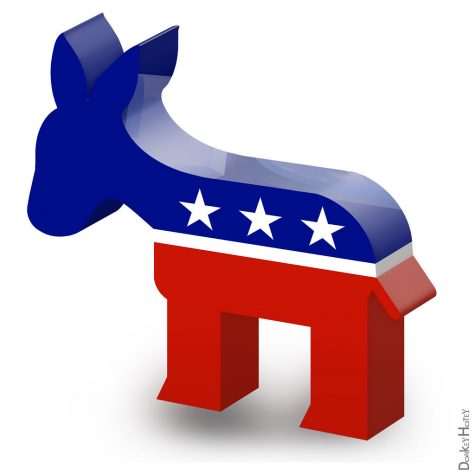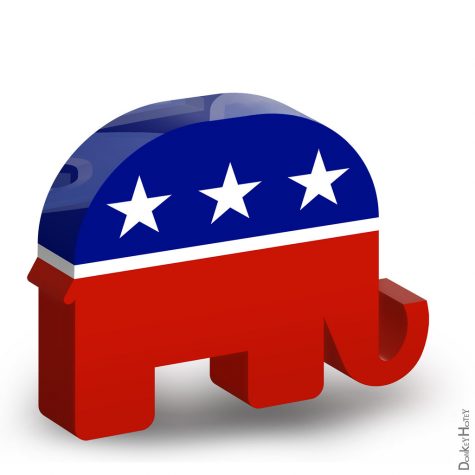Trade War
September 13, 2018
One of the biggest news stories this summer was Trump’s Trade War against many countries, but China in particular. This is one of Trump’s ways of pursuing his “America First” campaign goal. This war was started, Trump says, to pressure China to end “unfair” tariffs against the USA. Normally, tariffs are levied by Congress as stated in Section 1, Article 8 of the Constitution. However, these tariffs are being put in under the Trade Expansion Act of 1962, which gives the President the power to levy tariffs with the based on the recommendations of the Secretary of Commerce if the products that they are imposing tariffs on are a threat to national security. The most noteworthy items that Trump has imposed tariffs on are steel and aluminum. However, he has also imposed tariffs on coal, washing machines, and TV components among over 100 items. These items are not taxed at the same rate though. Steel has a 25% tariff and aluminum has a 10% tariff.
One of the most controversial parts of this Trade War is the tariffs being imposed on our allies, like the EU. However, this is where Trump has had the most success. When he threatened to put a tariff on EU made cars, the EU agreed to back off their tariffs on American made cars and Trump never had to impose his tariff. This is the ideal situation for how a trade war should work. However, things get messy when it doesn’t work like this. This is what is happening with China. Trump has put tariffs on China and China, instead of backing off, has retaliated with even more tariffs on US goods. If neither side gives in, then both sides will continue to place tariffs on each other and neither side will back off because they don’t want to seem week. This is one problem with a trade war. Once the tariff is in place, you can’t take it off because then you appear weak. Another problem with a trade war is how it can negatively affect the US, even though Trump says that it is going to help. To get an example of this, we can look at the plywood tariff that was levied on China a few years ago. This placed a massive tariff of over 200% on imported plywood from China. This tariff was supposed to help American made plywood compete, but it made American plywood the only cost-effective plywood because this tariff overshot the price difference between Chinese and American plywood. Because of this, American plywood manufactures began to raise their prices because they could, and they didn’t have to compete against the Chinese anymore.
In an ideal situation, a tariff should cover the difference in production cost between two products so that they remain priced the same and there is still competition. Right now, that plywood tariff sounds like it would help American companies and it helps some of them, but it also hurts others. These other companies are mostly cabinet manufacturers who need plywood to make cabinets. When these tariffs were enacted, they not only had to pay the higher costs for American made products but also had to pay more because the American companies raised their prices–simply because they could. To compound this problem, the tariff did not apply to cabinets from China, just to plywood. So, it was possible to import Chinese made cabinets and not have to pay the 200% tariff on the parts. This gave Chinese made cabinet manufacturers another advantage, in addition to the lower wages, to the Americans. When the government levies tariffs on one product, but not another, it is really the government just picking which companies will thrive and which ones will suffer.
This is what I think will happen with the tariffs on steel and aluminum. It will become cheaper to do jobs that need steel in China and this will hurt America’s economy. Because of America’s higher wage costs, it can be hard to compete with lower costs to make steel and aluminum, but America needs to focus on what we do best, and I believe that is making more advanced products than steel or aluminum. America may have had a history in steel manufacturing, but the world’s economy is changing, and America needs to adapt; imposing tariffs in a trade war is not the way to adapt to a changing economy. This is the beauty of the free market and the government needs to recognize this and not try to delay the inevitable by imposing tariffs on competing products.
